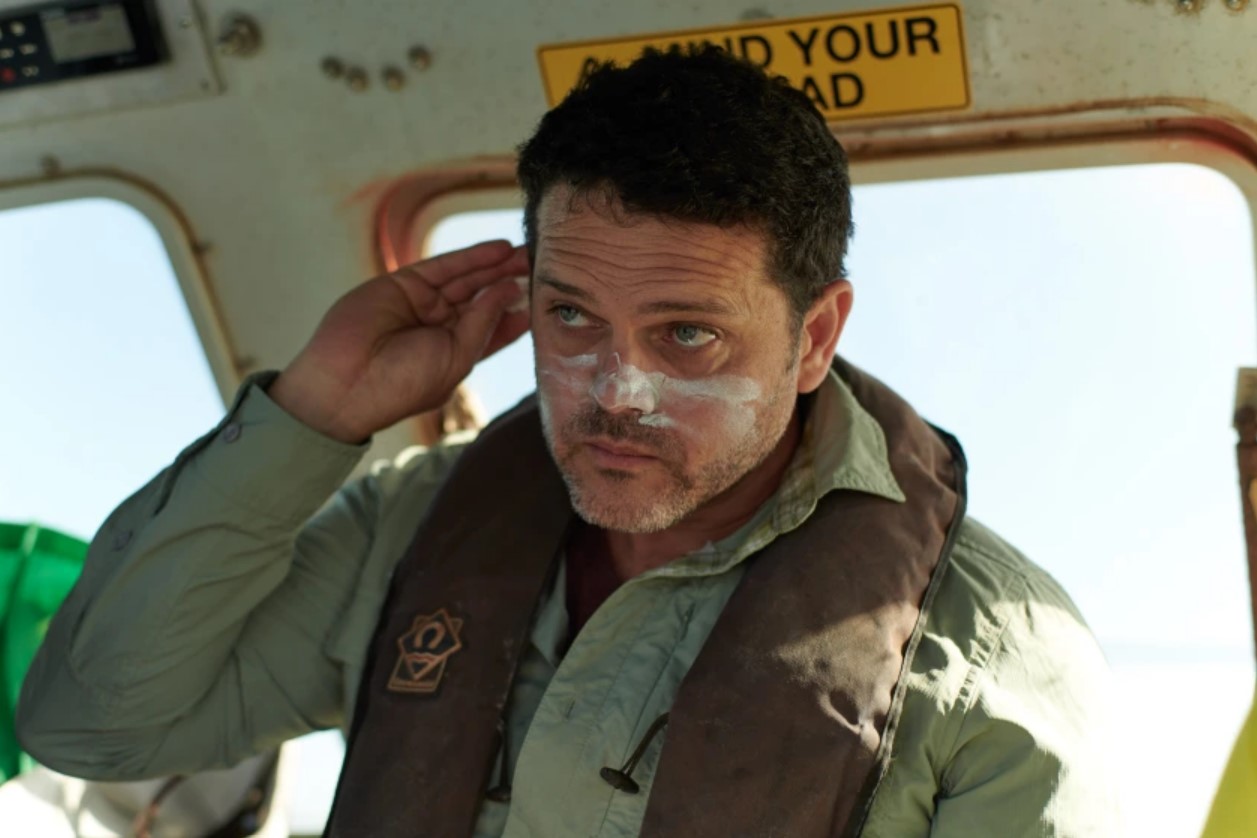
Professor Jonathan Benjamin and his team have uncovered some of Australia’s most remarkable insights into human history. He told us about his globe trotting career and spoke about the privilege of working with Traditional Owners to broaden our knowledge of Australia’s past.
What is your role here at Flinders?
I am a Professor within the College of Humanities, Arts and Social Sciences and a specialist in the archaeology of submerged landscapes, Pleistocene-Holocene transitions and applied methods in Maritime and Underwater Archaeology.
Tell us a little about your journey to Flinders.
I grew up in California, before moving across the country to study at Boston University, and then back again to Cabrillo College and UCLA in California. Then I jumped on a plane to the University of Edinburgh to do my PhD in Archaeology in Scotland. It was in Scotland that I combined my passion for archaeology and my love of the water, which led to further studies of Neolithic and Mesolithic coastal sites.
While I was in Scotland, I applied for a post doc role at Flinders. I wasn’t successful for that role, but my name came up when another position became available, and the rest, as they say, is history. I’d never been to Australia, but I knew of Flinders from its reputation, so I jumped at the chance and I’ve been here ever since.
What do you love about working at Flinders?
Flinders is internationally recognised as a leader in archaeology, in particular in the field of maritime archaeology, and it’s the place to be to study and research the field. And a lot of that is down to the people, and their knowledge, skills and expertise, that have won that reputation.
In maritime archaeology, the work that gets done is only as good as the team doing it – it’s a field that absolutely cannot be done alone. Collaboration and teamwork are the keys to success, and we all have to work together to get the work done. It’s the strength and support of the entire team that leads any project to succeed. And I am incredibly fortunate to work with an amazing team at Flinders.
Tell us a little about appearing on First Inventors
I originally was a little reluctant, and I can remember telling some friends if I’d wanted to be on TV, I would’ve stayed in LA. But I’m really glad I ended up taking part. I had a blast filming with the team, who were all brilliant and made me feel more comfortable in front of the camera.
As researchers, one of the parts of our job that I think a lot of us can forget is that once we’ve done the work, we need to tell people about it. And First Inventors provided me with an opportunity to be able to present my research to a huge audience of people.
It was great to be able to play a small part in telling the history of Australia. Australia’s maritime archaeology, and history in general, has been dominated by a European colonial narrative, so it was an honour for our project to be able to contribute to and expand our understanding of Australia’s past beyond that, and to give Australians a glimpse into a past that is now underwater.
It is always a privilege to be able to work on country with Traditional Owners, and this was a great opportunity to work with the local communities and even bring the Elders on the boat with us to show them some of the ancient cultural material from our dives.
How do you like to spend your spare time?
If I’m not under the water, you’ll probably find me cooking in the kitchen or my backyard BBQ, at the dog park with my dog Cosmo, or playing baseball. I grew up playing baseball, and I was pleasantly surprised to find a thriving baseball community here in SA. Though, I will admit, it’s probably more like a social club that occasionally picks up a bat.
I do have something to say about Australian BBQ – a BBQ needs charcoal or wood! Those flat griddles aren’t BBQ’s, that’s just cooking outside!
***
You can watch Professor Benjamin’s appearance on First Inventors here.

